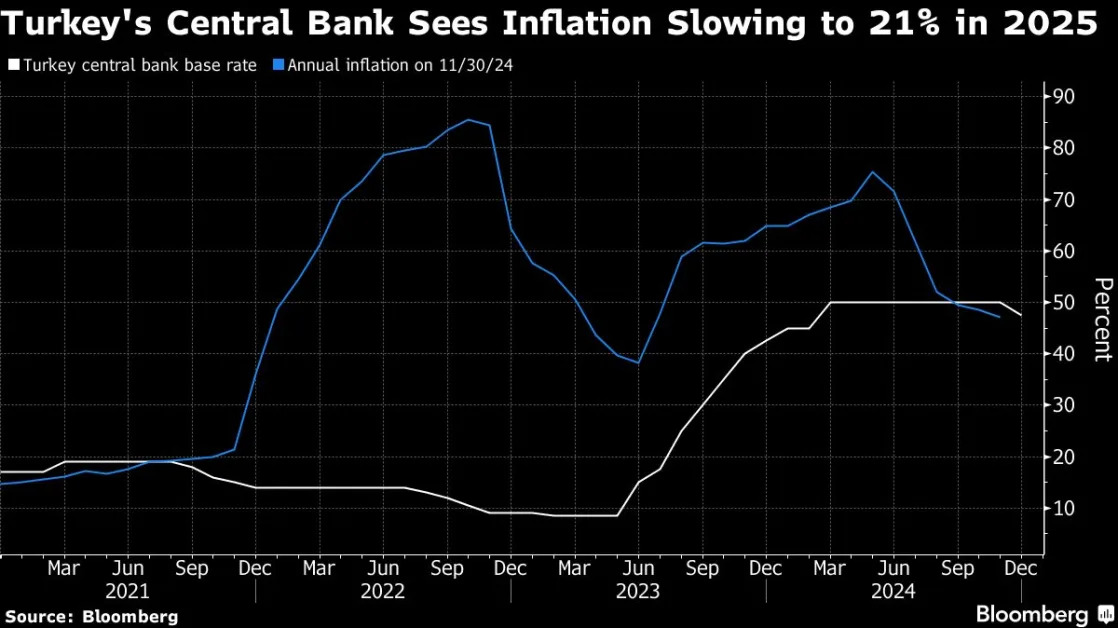(Bloomberg) -- Stephen Moore, an informal economic adviser to President Donald Trump, floated eliminating the federal tax subsidy for municipal bonds, a concerning sign for the market where states and cities raise debt.
Local governments, as well as bankers and investors, have been worried that the key feature of the public finance market could be at risk as Republicans search for ways to raise money to extend 2017 tax cuts. Muni bonds pay interest that’s exempt from federal taxes, costing the government roughly $40 billion each year. The subsidy is one of the top federal tax expenditures, according to the Bipartisan Policy Center.
“It’s in play,” Moore said in an interview. “This is a big tax bill, and there need to be offsets.”
He said eliminating the subsidy aligns with Republican efforts to “broaden” the tax base and is more “politically plausible” than in prior years because it would directly impact wealthy investors.
“You want to tax the rich? This is a good way to do it,” said Moore. Currently, he is a senior visiting fellow at the Heritage Foundation, an influential conservative think tank. He also posted on X about the issue.
The municipal-bond tax exemption underpins the $4 trillion state and local government debt market. It allows cities, public school districts and other entities like colleges and hospitals to borrow at lower rates, reducing the burden on taxpayers who are often on the hook to pay back the debt. The mechanism also funds much of US infrastructure ranging from massive state highways to local police stations.
Since Trump’s election, government groups have been touting the benefits of tax-exempt bonds, to get ahead of any proposals to eliminate the subsidy. Public finance bankers visited DC in a trip last month to meet with Hill staff to educate them about the asset class.
“It’s disappointing to hear that munis are still ‘in play’ even after the outreach made already by thousands of public issuers,” said Emily Brock, director of the federal liaison center for the Government Finance Officers Association.
Moore predicted any change would include a “cap” on the exclusion on newly issued bonds rather than a broad repeal for debt that is currently outstanding.
“There’s going to be a lot of pushback” from local officeholders, Moore said. “Just being politically realistic, it might be more difficult to eliminate entirely.”
Scott Greenberg, now a tax counsel for House Ways and Means Committee Chairman Jason Smith, in 2016 questioned “whether the federal government should be subsidizing state and local borrowing” in the first place. He argued that the exemption could incentivize overinvestment in infrastructure.
A Smith spokesperson didn’t immediately return a request for comment.
Costly Option
Elimination of the muni tax exemption would yield about $250 billion in savings, according to a menu of options circulated among GOP lawmakers earlier this year. Such an option would raise expenses for borrowers, costing states and local governments nearly $824 billion over a decade, a recent study found.
The federal subsidy does have bipartisan proponents, including US Representative Rudy Yakym, a Republican from Indiana who leads the House Municipal Finance Caucus and sits on the Ways and Means Committee. A spokesperson did not return requests for comment.
Related: House GOP Ways and Means Member Aims to Protect Muni Tax Break
On Thursday, Oklahoma State Treasurer Todd Russ, a Republican, said in a statement he traveled to DC last week to advocate on the issue. His office said Oklahoma taxpayers have saved nearly $602 million on projects financed with tax-exempt bonds over the last decade.
Brett Bolton, vice president of federal legislative and regulatory policy at the Bond Dealers of America, said in an emailed statement that the subsidy gives local governments “autonomy to provide for constituents directly, lowering the burden on the federal government to provide direct funding to improve infrastructure.”





